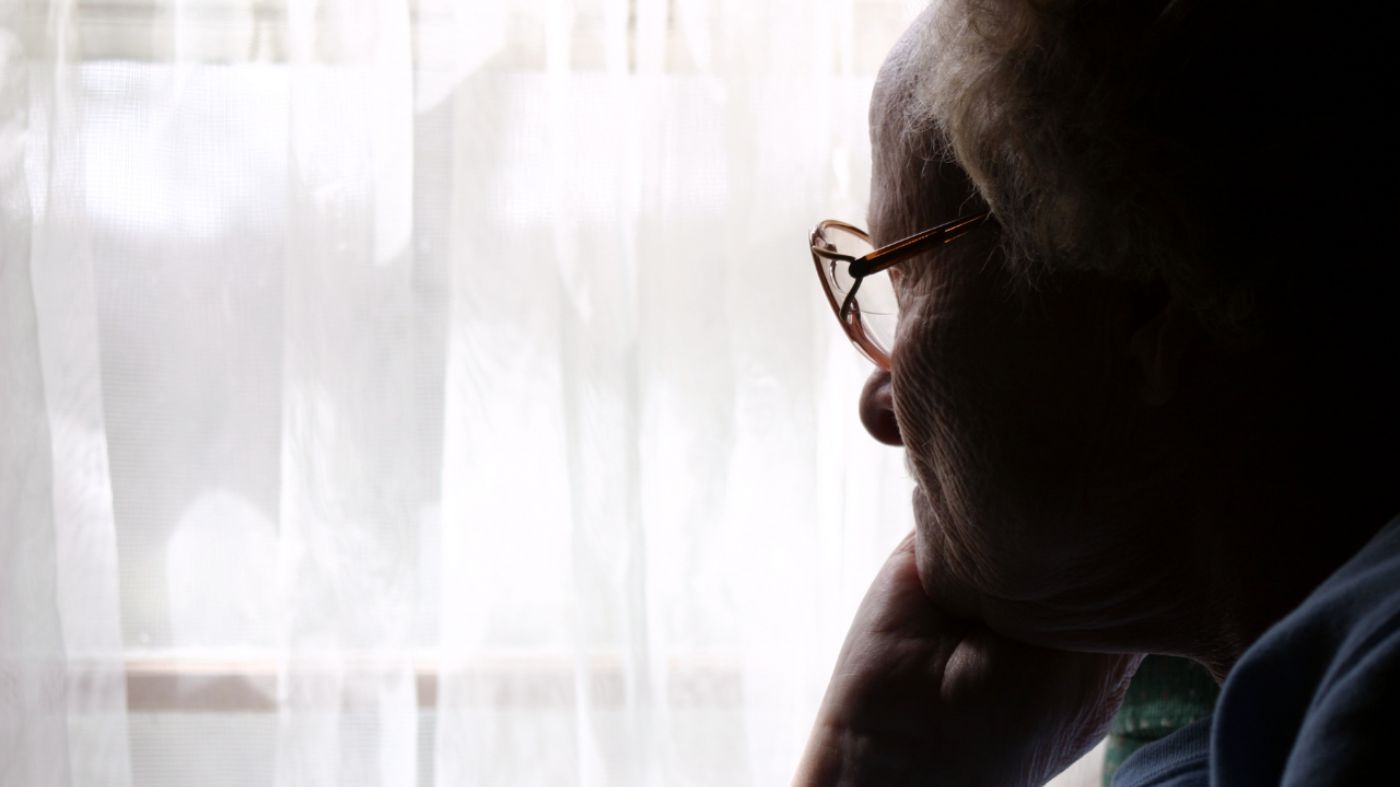
Nothing in life prepares you for the death of a spouse. Even if your loved one was battling a long illness, you’ll never quite be ready for the grief you feel once they pass. As a widow, you’re feeling heartbroken and lonely, but there’s so much more to it that you might not even realize.
While there’s no way to fully prepare for becoming a widow, there are some things you should know that could help make your grief journey a little easier.
No one else knows what you are going through, and it’s easy to judge from the outside looking in. There’s no right way to live your life after losing a spouse, so you must learn to trust yourself and stop caring what others might think.
The person who has supported you throughout your entire marriage is gone. You’re left handling your grief, your finances, and potentially your family all on your own. And at times, it can be overwhelming.
While it’s easy to feel like a burden on other people, especially if you’re retired or dealing with health issues, people do want to help you. It’s hard, but accept the support from the people around you. Grief is personal, but that doesn’t mean you must deal with it alone.
Death can cause people to do and say strange (and sometimes dumb) things. Some friendships you thought would last forever might start to disappear because they don’t know how to deal with your new life. Family dynamics might change as well as you navigate life on your own. Your adult children might try to start making decisions for you or push you in certain directions, but even as a senior, you need to maintain your control.
Many people have never experienced a tragedy like the loss of a spouse. After you’ve been married to someone for 25, 40, or even 50 years, your worlds are completely intertwined. That type of loss and loneliness isn’t easy for people on the outside to understand. Don’t let their inability to understand impact your right to grieve in your own way and on your own timeline.
When going to the bank, working through funeral arrangements, or selling your home, you’ll always be the surviving spouse. You’ll constantly be reminded that you are a widow, and every piece of mail that comes to your house with both of your names on it will remind you. These reminders will always be there, even when you’ve found a way to move forward.
As much as you think the world should stop turning the second your spouse dies, it doesn’t. All the things you put off or ignore while grieving will still be there. When you start to get back to your normal routine, you’ll realize life kept going while you were away.
While you might think support groups will only make you wallow in your sadness, the support of another widow or widower is valuable. Look in your local community, ask the funeral director, reach out to your church, or contact hospice groups. This level of support can be an amazing asset.
The ups and downs of dealing with the loss of a loved one will take you on a roller coaster like never before. You’ll have great days and horrible days and everything in between. It’s important to know this is normal; moving on doesn’t mean you still won’t have bad days. Do something that makes you feel happy on your hardest days. Sit with your grandkids, go to a movie, or do something to honor your loved one in the best way you can.
It might feel like a betrayal the first time you laugh or smile after your spouse’s passing, but this is normal. You still deserve to find joy in life, no matter your age. Your significant other wouldn’t want you to mourn for the rest of your retirement years.
One of the most important things to remember when grieving the loss of a spouse is to give yourself grace. You’ll forget things, you’ll lose things, you’ll break down in tears, and you’ll feel frustrated – but you’re allowed! Let yourself feel all the feelings before you start to explore your new life and find what makes you happy.
Considering a fresh start? Upside is turning the idea of traditional senior living on its head. Learn how our team can help you find a perfectly curated apartment that caters to your needs after the loss of a spouse. Talk with an Upside team member today to learn more.